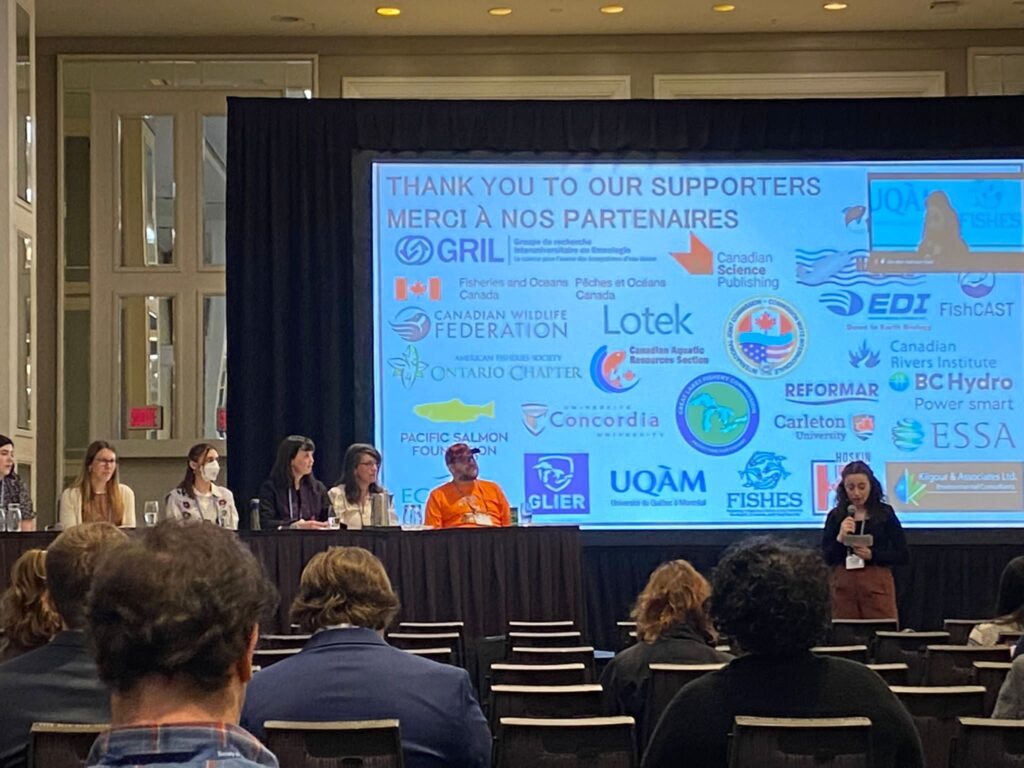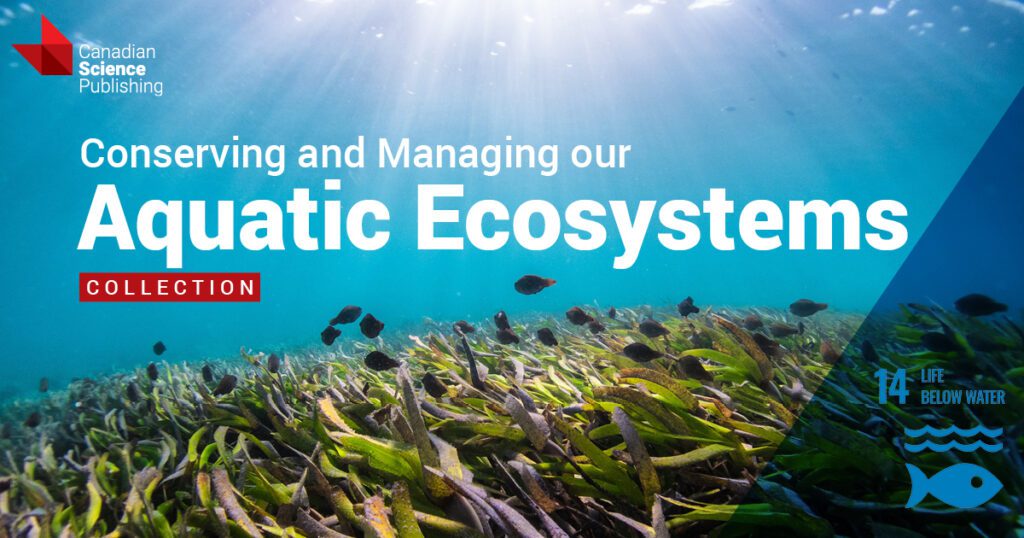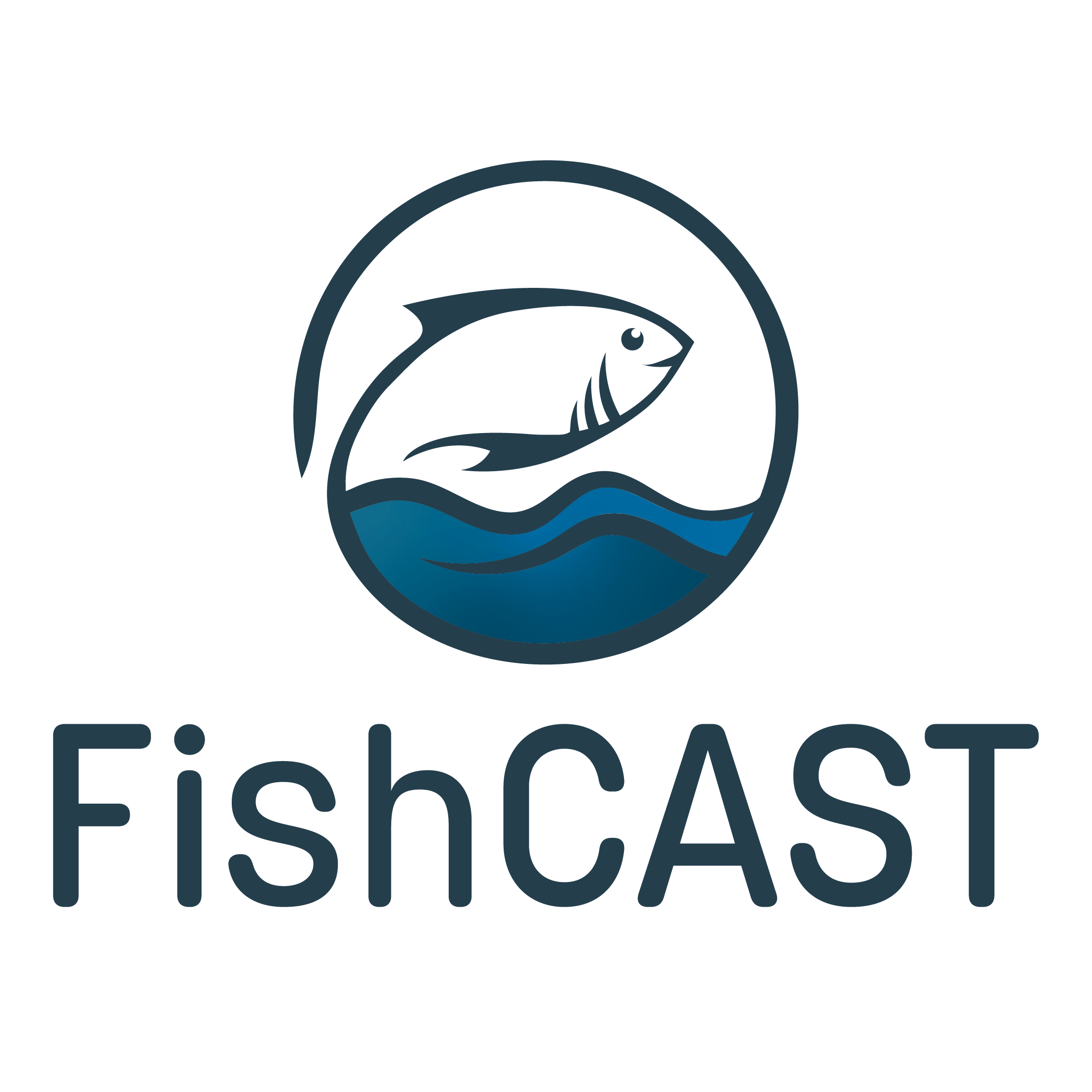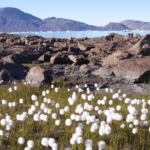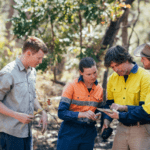About the authors
Albana is a PhD Biology candidate and FishCAST trainee at Carleton University in the Social Ecology and Conservation Collaborative and the Fish Ecology and Conservation Physiology Lab. Albana uses an interdisciplinary approach to research human-turtle interactions during freshwater recreation and to recommend evidence-based species protection strategies.
Christina is an Associate Professor at the University of Windsor who uses transdisciplinary approaches to predict organismal responses to environmental change in wild- and hatchery fishes. Dr. Semeniuk is also the Director of FishCAST, an NSERC CREATE funded program aimed at training the next generation of aquatic scientists.
Kendra is the FishCAST Program Coordinate at University of Windsor’s Great Lakes Institute of Environmental Research (GLIER) and is a current Master of Education student at University of Windsor. Kendra provides ongoing administrative support to FishCAST by assisting with key administrative, financial, and outreach operations.
Courtney is a Fisheries Biologist and Freshwater Mussel Specialist with fifteen years of experience consulting on the aquatic ecology component of transportation and water/wastewater infrastructure projects. She has a M.Sc. degree in Environmental Science from the University of Windsor where she studied at the Great Lakes Institute for Environmental Research (GLIER).
Claire is an Associate Conservation Scientist at Wildlife Conservation Society Canada (WCSC). Claire completed her BSc and MSc at Carleton University: working with the National Wildlife Research Centre of Environment and Climate Change Canada and the Geomatics and Landscape Ecology Lab.
Hillary graduated with a PhD in Fisheries Ecology and Management from the University of Calgary in 2014 and joined the British Columbia Provincial Government as a Fisheries Stock Assessment Specialist. Hillary now works as the Director of Resource Management for the Ministry of Forests, where she leads an interdisciplinary team of research scientists, and fish and wildlife biologists, and has an adjunct faculty appointment with the University of British Columbia.
Jennifer is a biologist with a varied background which has focused primarily on the aquatic sciences and fisheries over the past 20 years. Jennifer is currently a PhD student and FIshCAST trainee in the Mandrak lab at the University of Toronto Scarborough where she studies the biology and habitat requirements of the poorly understood and endangered Lake Chubsucker.
Jessica is a current Master’s student and FishCAST trainee at Carleton University in the Fish Ecology and Conservation Physiology Lab. She is exploring the movements of freshwater fishes in an urban river impacted by various human activities.
Julie is the Science Programs Manager at the Great Lakes Fishery Commission in Ann Arbor, MI, USA. She received both a B.S. (Program in the Environment) and M.S. (School of Natural Resources and Environment) at the University of Michigan, studying lower food webs in the Laurentian Great Lakes.
Ryan has worked as the fisheries assessment biologist and run the fisheries assessment program at the Chippewas of Nawash Unceded First Nation since 2008. His research uses a two-eyed seeing approach to address fishery related questions that arise from discussions with citizens of the Saugeen Ojibway Nation.
Editorial support provided by Rebecca Michaels-Walker, social media and content marketing specialist at Canadian Science Publishing.

